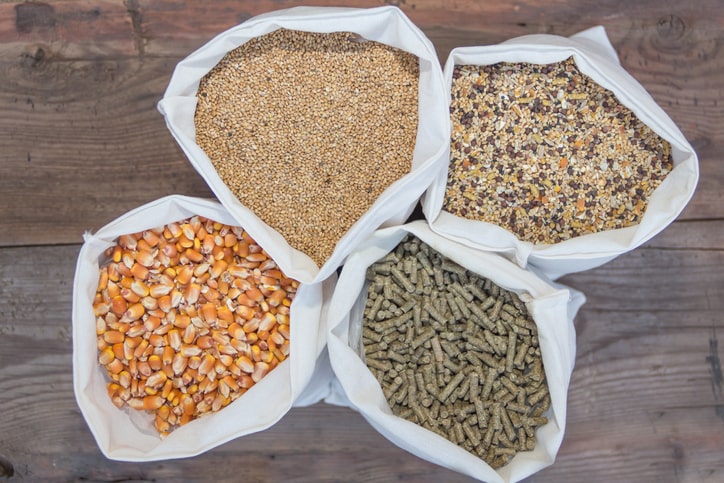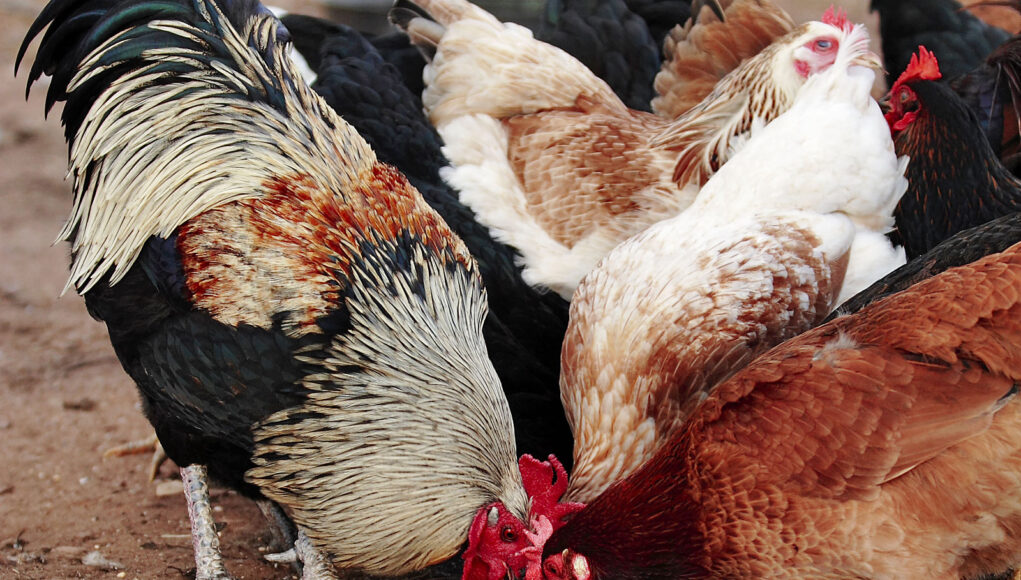If you’re a poultry enthusiast, you’ve likely come across the ongoing debate about organic soy in chicken feed. At first glance, organic soy might seem like a healthy choice for your chickens. However, a closer look reveals some concerns. Why is organic soy bad in chicken feed? That’s the question we’ll answer today.

The Issues with Organic Soy
1. Anti-Nutritional Factors
Organic soy contains anti-nutritional factors such as phytic acid and trypsin inhibitors. These substances can interfere with the absorption of essential minerals and proteins in your chickens, leading to malnutrition.
2. Estrogenic Effects
Another major concern is the presence of phytoestrogens in organic soy. These naturally occurring compounds can mimic the hormone estrogen, potentially leading to reproductive issues and abnormal growth patterns in chickens.
3. Allergic Reactions
Organic soy is a known allergen. Some chickens may develop allergic reactions, resulting in symptoms like skin irritations, weight loss, and reduced egg production.

Alternatives to Organic Soy in Chicken Feed
1. Peas and Lentils
Peas and lentils are excellent alternatives that can provide the necessary protein without the drawbacks of soy.
2. Fish Meal
Fish meal is a great source of high-quality protein and is often used in chicken feed.
3. Insect-Based Feed
Insect-based feeds are gaining popularity as a sustainable and nutritious alternative to soy

Common Misconceptions About Organic Soy
1. It’s Always Healthier
While organic products are generally perceived as healthier, this is not always the case for organic soy in chicken feed. The anti-nutritional factors and phytoestrogens present can outweigh the benefits.
2. It’s More Natural
Another misconception is that organic soy is more natural and thus better for chickens. However, the anti-nutritional factors and potential allergens can make it a less optimal choice.

Scientific Studies on Organic Soy in Poultry Feed
Numerous studies have been conducted on the impact of organic soy in chicken feed. Most of these studies suggest that the negative effects outweigh the benefits, guiding poultry farmers to seek alternative protein sources.
Practical Tips for Chicken Owners
1. Read Labels Carefully
Always read the labels on commercial feed bags to ensure they do not contain high levels of organic soy.
2. Consult a Vet
If you suspect your chickens are suffering due to their diet, consult a veterinarian for advice.
Relatable Stories from Chicken Owners
Many chicken owners have shared their experiences with organic soy in chicken feed. Most report improved health and productivity after switching to alternative protein sources.
Conclusion
So, why is organic soy bad in chicken feed? The answer lies in its anti-nutritional factors, estrogenic effects, and potential for allergic reactions. By opting for alternatives like peas, lentils, or fish meal, you can provide a healthier diet for your chickens.
FAQ
1. What are the alternatives to organic soy in chicken feed?
Some excellent alternatives include peas, lentils, and fish meal.
2. Are there any benefits to using organic soy in chicken feed?
While organic soy offers some benefits, the potential negative impacts often outweigh them.
3. How can I tell if my chickens are allergic to soy?
Look for symptoms like skin irritations, weight loss, and reduced egg production.
As an Amazon Associate, I earn from qualifying purchases.








